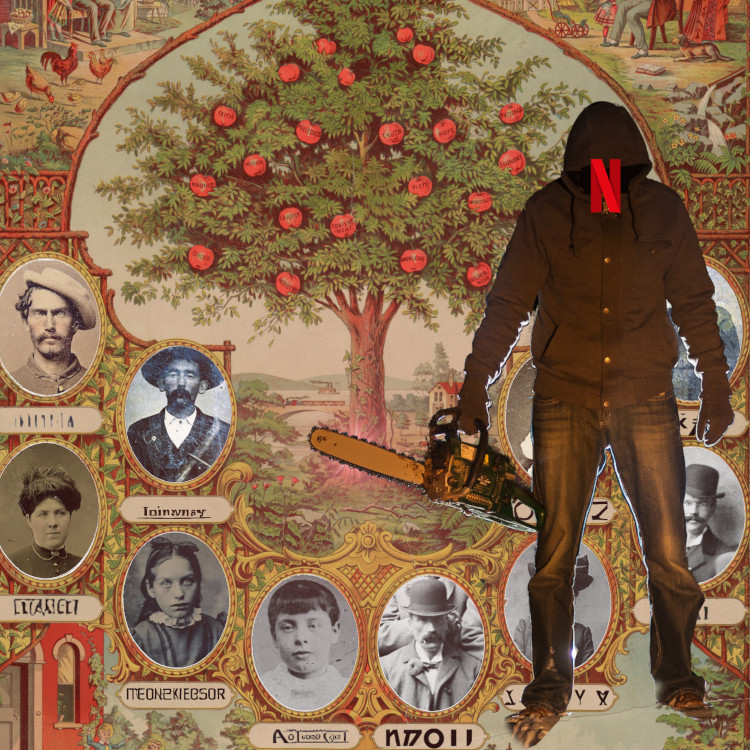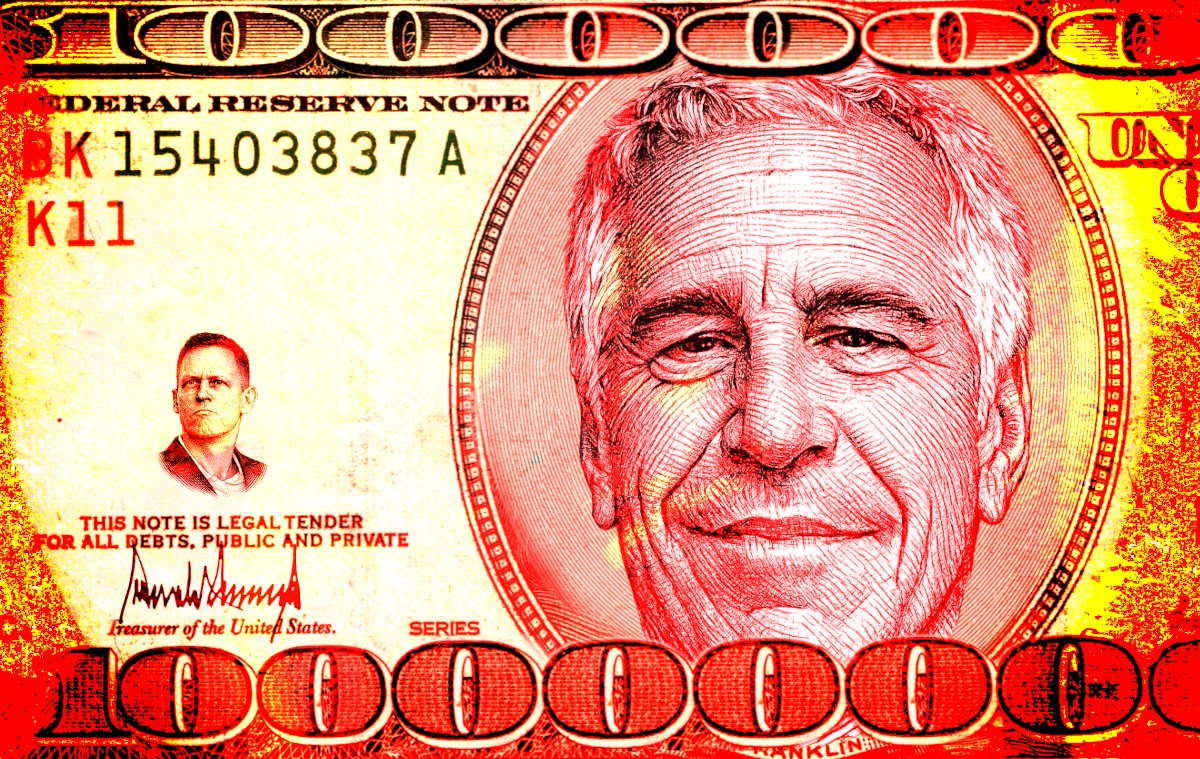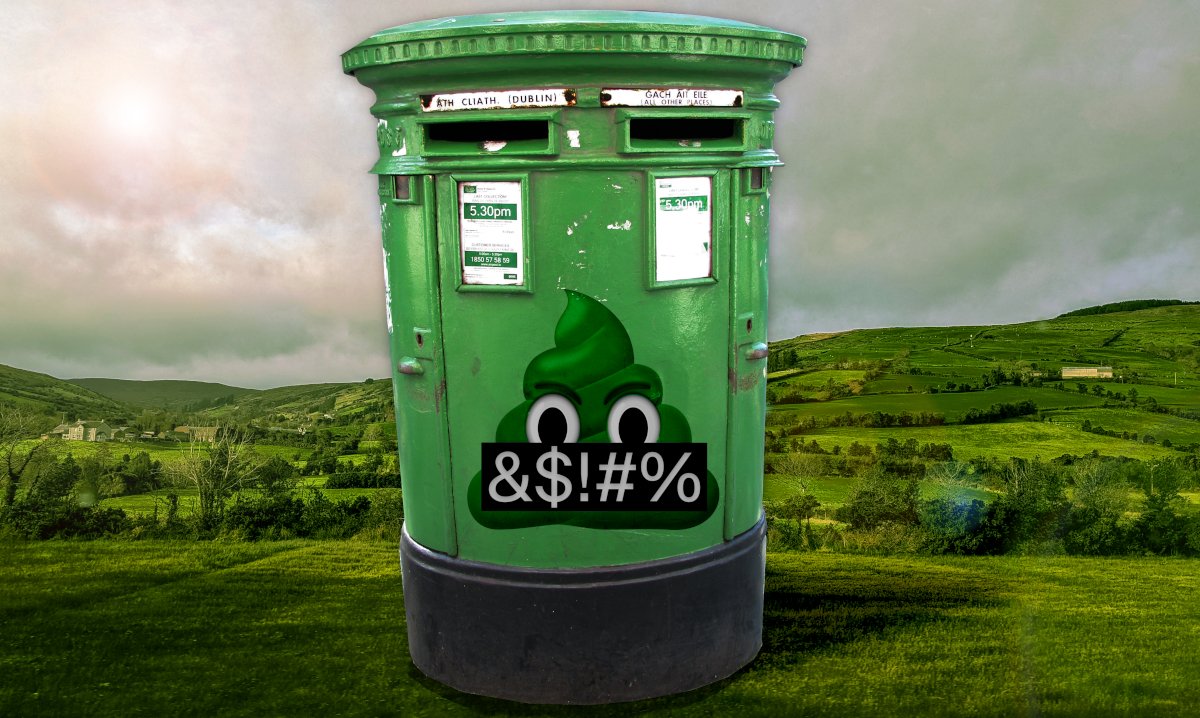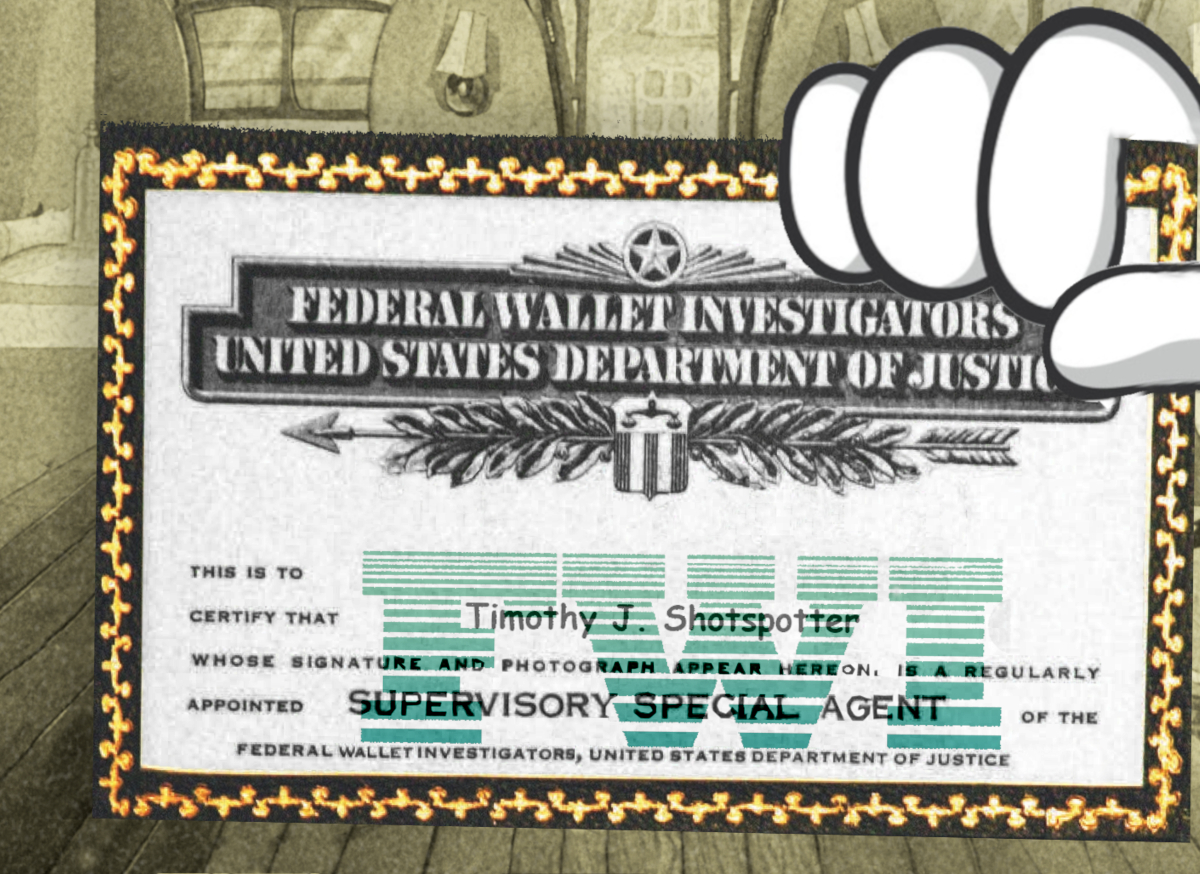#Netflix has unveiled the details of its new anti-#PasswordSharing policy, detailing a suite of complex gymnastics that customers will be expected to undergo if their living arrangements trigger @netflix's automated enforcement mechanisms:
thestreamable.com/news/confirmed… 1/
thestreamable.com/news/confirmed… 1/

If you'd like an essay-formatted version of this thread to read or share, here's a link to it on pluralistic.net, my surveillance-free, ad-free, tracker-free blog:
pluralistic.net/2023/02/02/non… 2/
pluralistic.net/2023/02/02/non… 2/
Netflix says that its new policy allows members of the same "#household" to share an account. 3/
This policy comes with an assumption: that there is a commonly understood, universal meaning of "household," and that software can determine who is and is not a member of your household.
This is a very old corporate delusion in the world of technology. 4/
This is a very old corporate delusion in the world of technology. 4/
In the early 2000s, I spent years trying to bring some balance to an effort at #DVB, whose digital television standards are used in most of the world (but not the USA) when they rolled out #CPCM, a #DRM system that was supposed to limit video-sharing to a single household. 5/
Their term of art for this was the #AuthorizedDomain: a software-defined family unit whose borders were privately negotiated by corporate executives from media companies, broadcasters, tech and consumer electronics companies. 6/
They met in closed-door sessions all around the world, with no public minutes or proceedings, to define the "family."
onezero.medium.com/the-internet-h…
These guys (they were nearly *all* guys) were proud of how much "flexibility" they'd built into their definition of "household." 7/
onezero.medium.com/the-internet-h…
These guys (they were nearly *all* guys) were proud of how much "flexibility" they'd built into their definition of "household." 7/
For example, if you owned a houseboat, or a luxury car with seatback displays, or a summer villa in another country, the Authorized Domain would be able to figure out how to get the video onto all those screens. 8/
But what about other kinds of families? I suggested that one of our test cases should be a family based in Manila: where the dad travels to remote provinces to do agricultural labor; the daughter is a nanny in California; and the son is doing construction work in the UAE. 9/
This suggestion was roundly rejected as an "edge case."
Of course, this isn't an *edge case*. There are orders of magnitude more people whose family looks like this than there are people whose family owns a villa in another country. 10/
Of course, this isn't an *edge case*. There are orders of magnitude more people whose family looks like this than there are people whose family owns a villa in another country. 10/
Owning a houseboat or a luxury care makes you an outlier. Having an itinerant agricultural breadwinner in your family does *not*. 11/
But everyone who is in the room when a cartel draws up a standard definition of what constitutes a household is almost certainly drawn from a pool that is more likely to have a summer villa than a child doing domestic work or construction labor half a world away. 12/
These weirdos, so dissimilar from the global majority, get to define the boxes that computers will shove the rest of the world into. If your family doesn't look like their family, that's tough: #ComputerSaysNo. 13/
One day at a CPCM meeting, we got to talking about the problem of "content laundering" and how the way to prevent it would be to put limits on how often someone could leave a household and join another one. No one, they argued, would ever have to change households every week. 14/
I put my hand up and said, "What about a child whose divorced parents share custody of her? She's absolutely going to change households every week." 15/
They thought about it for a moment, then the rep from a giant IT company that had recently been convicted of criminal antitrust violations said, "Oh, we can solve that: we'll give her a toll-free number to call when she gets locked out of her account." 16/
That was the solution they went with. If you are a child coping with the dissolution of your parents' marriage, you will have the obligation to call up a media company every month - or more often. 17/
You'll have to explain that Mummy and Daddy don't love each other any more, but can I please have my TV back?
I never forgot that day. I even wrote a science fiction story about it called (what else?) "Authorized Domain":
craphound.com/news/2011/10/3… 18/
I never forgot that day. I even wrote a science fiction story about it called (what else?) "Authorized Domain":
craphound.com/news/2011/10/3… 18/
I think everyone knew this was an absurd "solution," but they'd already decided that they were going to complete the seemingly straightforward business of defining a category like "household" using software, and once that train left the station, nothing was going to stop it. 19/
This is a recurring form of techno-hubris: the idea that baseline concepts like "family" have crisp definitions and that any exceptions are outliers that would never swallow the rule. 20/
It's such a common misstep that there's a whole *genre* called "Falsehoods Programmers Believe About ______":
github.com/kdeldycke/awes… 21/
github.com/kdeldycke/awes… 21/
In that list: names, time, currency, birthdays, timezones, email addresses, national borders, nations, biometrics, gender, language, alphabets, phone numbers, addresses, systems of measurement, and, of course, families. 22/
These categories are touchstones in our everyday life, and we think we know what they mean - but then we try to define them, and the list of exceptions spirals out into a hairy, fractal infinity. 23/
Historically, these fuzzy categorical edges didn't matter so much, because they were usually interpreted by humans using common sense. 24/
My grandfather was born "Avrom Doctorovitch" (or at least, that's one way to transliterate his name, which was spelled in a different alphabet, but which was also transliterating his first name from yet *another* alphabet). 25/
When he came to Canada as a refugee, his surname was anglicized to "Doctorow." Other cousins are "Doctorov," "Doctoroff," and "Doktorovitch." 26/
Naturally, his first name could have been "Abraham" or "Abe," but his first employer (a fellow Eastern European emigre) decided that was too ethnic and in sincere effort to help him fit in, he called my grandfather "Bill." 27/
When my grandfather attained citizenship, his papers read "Abraham William Doctorow." He went by "Abe," "Billy," "Bill," "William," "Abraham" and "Avrom."
Practically, it didn't matter that variations on all of these appeared on various forms of ID, contracts, and paperwork. 28/
Practically, it didn't matter that variations on all of these appeared on various forms of ID, contracts, and paperwork. 28/
His reparations check from the German government had a different variation from the name on the papers he used to open his bank account, but the bank still let him deposit it. 29/
All of my relatives from his generation have more than one name. Another grandfather of mine was born "Aleksander," and called "Sasha" by friends, but had his name changed to "Seymour" when he got to Canada. His ID was also a mismatched grab-bag of variations on that theme. 30/
None of this mattered to him, either. Airlines would sell him tickets and border guards would stamp his passport and rental agencies would let him drive away in cars despite the minor variations on all his ID. 31/
But after 9/11, all that changed, for everyone who had blithely trundled along with semi-matching names across their official papers and database entries. Suddenly, it was "computer says no" everywhere you turned, unless everything matched *perfectly*. 32/
There was a global rush for legal name-changes after 9/11 - not because people changed their names, but because people needed to perform the bureaucratic necessary to have the name they'd used all along be recognized in these new, brittle, ambiguity-incinerating machines. 33/
For important categories, ambiguity is a feature, not a bug. The fact that you can write anything on an envelope (including a direction to deliver the letter to the granny flat over the garage, not the front door) means that we don't have to define "address." 34/
We can leave it usefully hairy around the edges.
Once the database schema is formalized, then "address" gets defined too. 35/
Once the database schema is formalized, then "address" gets defined too. 35/
We fix the number of lines it can have, the number of characters each line can have, the kinds of characters and even words (woe betide anyone who lives in #Scunthorpe). 36/
If you have a "real" address, a "real" name, a "real" data of birth, all of this might seem distant to you. These "edge" cases - seasonal agricultural workers, refugees with randomly assigned "English" names - are very far from your experience. 37/
That's true - for now (but not forever). The #ShittyTechnologyAdoptionCurve describes the process by which abusive technologies work their way up the privilege gradient. 38/
Every bad technological idea is first rolled out on poor people, refugees, prisoners, kids, mental patients and other people who can't push back. 39/
Their bodies are used to sand the rough edges and sharp corners off the technology, to normalize it so that it can climb up through the social ranks, imposed on people with more and more power and influence. 40/
20 years ago, if you ate your dinner under an always-on #CCTV, it was because you were in a supermax prison. Today, it's because you bought a premium home surveillance system from Google, Amazon or Apple.
pluralistic.net/2021/07/29/imp… 41/
pluralistic.net/2021/07/29/imp… 41/
The Netflix anti-sharing tools are designed for rich people. If you travel for business and stay in the kind of hotel where the TV has its own Netflix client that you can plug your username and password into, Netflix will give you a seven-day temporary code to use. 42/
But for the most hardcore road-warriors, Netflix has thin gruel. Unless you connect to your home wifi network every 31 days and stream a show, Netflix will lock out your devices. Once blocked, you have to "contact Netflix" (laughs in Big Tech customer service). 43/
Why is Netflix putting the screws to its customers? It's part of the #enshittification cycle, where platform companies first allocate surpluses to their customers, luring them in and using them as bait for business customers. 44/
Once they turn up, the companies reallocate surpluses to businesses, lavishing them with low commissions and lots of revenue opportunities. And once they're locked in, the company starts to claw back the surpluses for itself.
pluralistic.net/2023/01/21/pot… 45/
pluralistic.net/2023/01/21/pot… 45/
Remember when Netflix was in the business of mailing red envelopes full of DVDs around the country? That was allocating surpluses to users. 46/
The movie companies *hated* this, viewed it as theft - a proposition that was at least as valid as Netflix's complaints about password sharing, but every pirate wants to be an admiral. 47/
When Netflix did it to the studios, that was "progress," but when *you* do it to Netflix, that's *theft*. 48/
Then, once Netflix had users locked in and migrated to the web (and later, apps), it shifted surpluses to studios, paying fat licensing fees to stream their movies and connect them to a huge audience. 49/
Finally, once the studios were locked in, Netflix started to harvest the surplus for its shareholders: raising prices, lowering streaming rates, knocking off other studios' best performing shows with in-house clones, etc. 50/
Users' surpluses are also on the menu: the password "sharing" that let you define a household according to your family's own idiosyncratic contours is unilaterally abolished in a quest to punish feckless Gen Z kids for buying avocado toast instead of their own Netflix subs. 51/
Netflix was able to ignore the studios' outraged howls when it built a business by nonconsenually distributing their products in red envelopes. But now that Netflix has come for your family, don't even *think* about giving Netfix some of what it gave to the MPAA. 52/
As a technical matter, it's not really that hard to modify Netflix's app so that every stream you pull seems to come from your house, no matter where you are. 53/
But doing so would require reverse-engineering Netflix's app, and that would violate Section1201 of the #DMCA, the #CFAA, and eleventy-seven other horrible laws. Netflix's lawyers would nuke you until the rubble bounced. 54/
When Netflix was getting started, it could freely #interoperate with the #DVDs that the studios had put on the market. It could repurpose those DVDs in ways that the studios strenuously objected to. 55/
In other words, Netfix used #AdversarialInteroperability (AKA #CompetitiveCompatibility or #ComCom) to launch its business:
eff.org/deeplinks/2019…
Today, Netflix is on the vanguard of the war to
abolish adversarial interop. 56/
eff.org/deeplinks/2019…
Today, Netflix is on the vanguard of the war to
abolish adversarial interop. 56/
They helped lead the charge to pervert @w3c web-#standards, creating a DRM video standard called #EME that made it a crime to build a full-featured browser without getting permission from media companies and restricting its functionality:
blog.samuelmaddock.com/posts/the-end-… 57/
blog.samuelmaddock.com/posts/the-end-… 57/
When they used adversarial interoperability to build a multi-billion-dollar global company using the movie studios' products in ways the studios hated, that was *progress*. When you define "family" in ways that makes Netflix less money, that's #FelonyContemptOfBusinessModel. 58/
• • •
Missing some Tweet in this thread? You can try to
force a refresh










